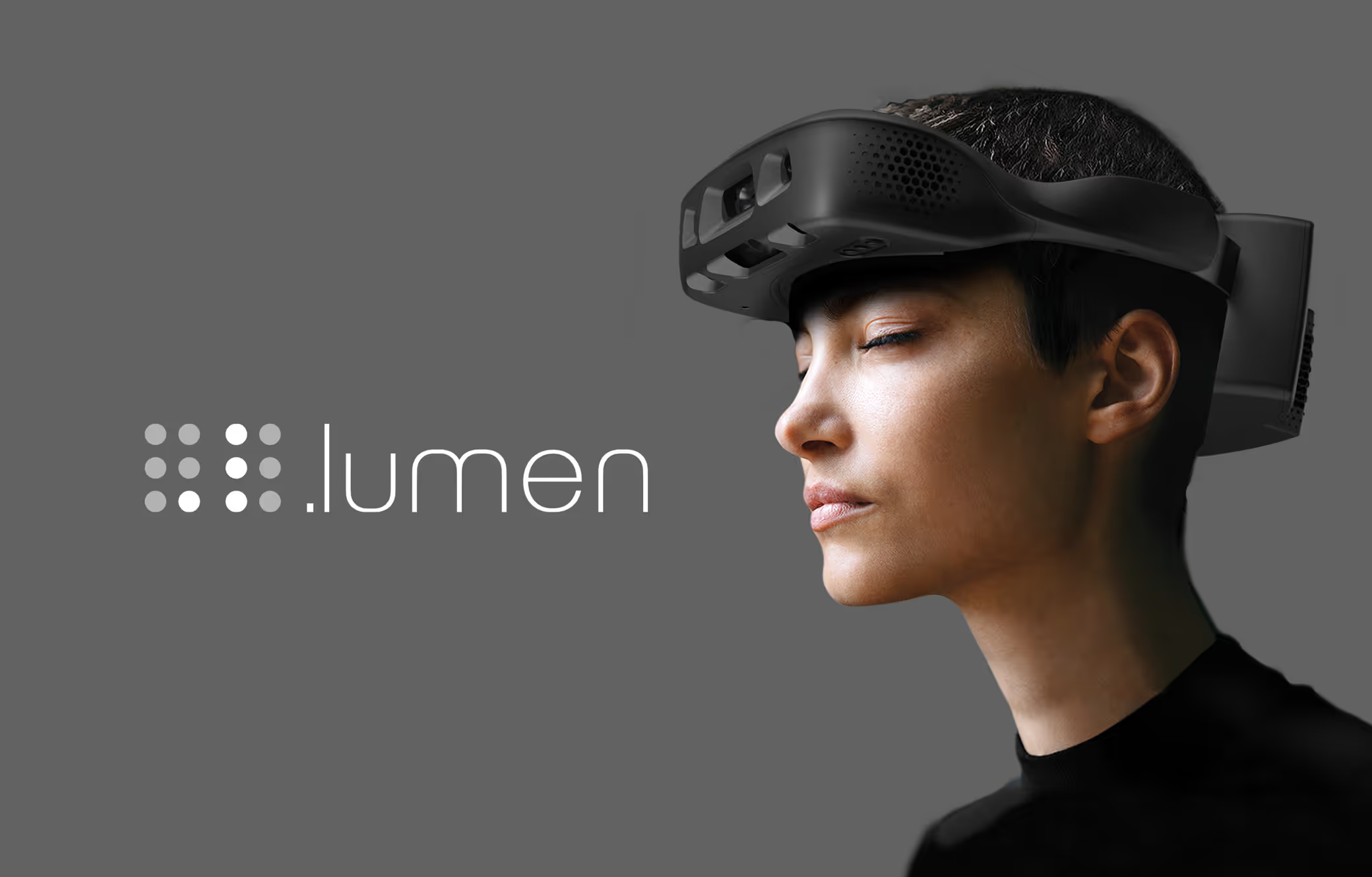
dotLumen envisions a future where independence and safety are accessible to everyone, regardless of visual ability. We exist to revolutionize mobility for blind and visually impaired individuals through breakthrough wearable technology that acts as a technological guide dog, fundamentally transforming how people navigate their world.
Our mission is to harness the power of AI, robotics, neuroscience, and pedestrian autonomous driving technologies to create scalable, affordable alternatives that empower users with confidence and autonomy. We're committed to challenging existing barriers by introducing smart glasses designed with empathy and expertise, delivering intuitive assistance that enhances everyday life.
At dotLumen, we build more than devices — we build pathways to freedom and inclusion, triggering a profound societal impact. Through continued innovation and purposeful collaboration, we're pioneering new standards for assistive technology and reshaping the future of accessibility worldwide.
Our Review
We'll be honest—when we first heard about smart glasses for the blind, we were skeptical. The assistive tech space is littered with well-intentioned gadgets that miss the mark. But dotLumen caught our attention for all the right reasons, starting with their bold claim to replicate guide dog functionality in a pair of glasses.
This Romanian startup isn't just throwing AI at a problem and hoping it sticks. They're tackling one of the most complex navigation challenges imaginable: helping blind individuals move through unpredictable urban environments safely and independently.
What Makes This Different
Here's where dotLumen gets interesting. Their .lumen Glasses don't just detect obstacles—they understand environments in 3D and compute actual navigation paths, just like a guide dog would. The feedback system is surprisingly sophisticated: haptic signals on the forehead combined with spatialized audio that gives users a rich sense of their surroundings.
We're particularly impressed by their "Pedestrian Autonomous Driving AI" approach. It's essentially self-driving car technology adapted for people walking, which sounds obvious in hindsight but represents a genuinely novel application of the tech.
The Numbers That Matter
The economics here are compelling. Traditional guide dog training costs around $50,000, while dotLumen's glasses aim to be roughly ten times cheaper. That's not just a nice-to-have price difference—it's potentially life-changing accessibility for thousands of people who couldn't otherwise afford mobility assistance.
Their recent funding round tells a story too. Raising €1 million in a single day on SeedBlink isn't just impressive—it suggests real market demand and investor confidence in their approach.
Room for Realistic Optimism
We like that dotLumen's timeline feels achievable rather than overly ambitious. Their limited-series launch planned for late 2024 shows they're taking a measured approach to market entry. The goal of 10,000 units by 2026 also strikes us as realistic for a specialized assistive technology.
What really sold us, though, is founder Cornel Amariei's personal connection to the problem—both his parents have mobility disabilities. That kind of authentic motivation often translates into products that actually work for real people, not just demo videos.
Feature
.lumen Glasses wearable smart glasses
Replicates guide dog functionality via AI
3D environment understanding and navigation
Hazard detection
Haptic feedback and spatialized sound guidance
Pedestrian Autonomous Driving AI for assistance







